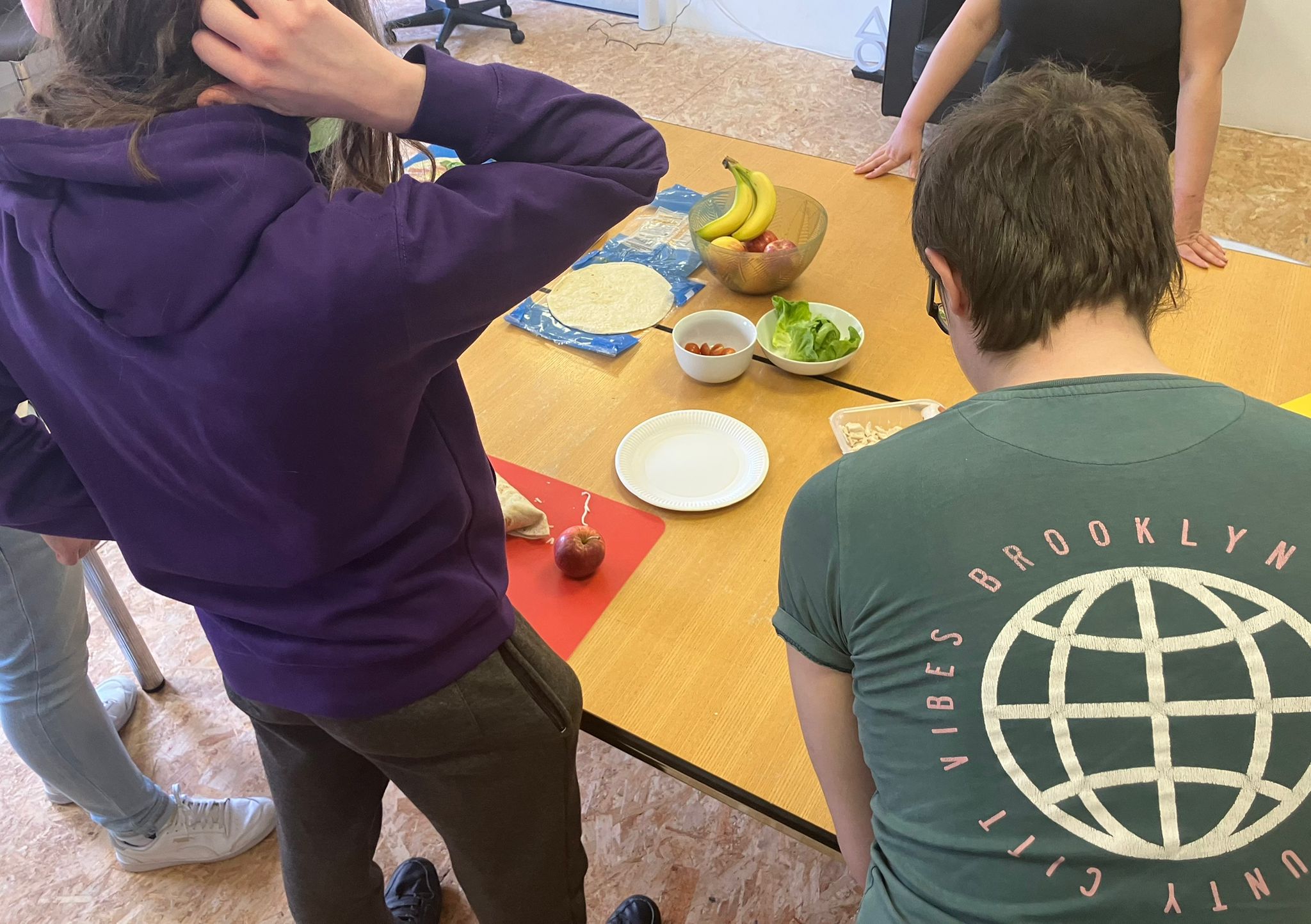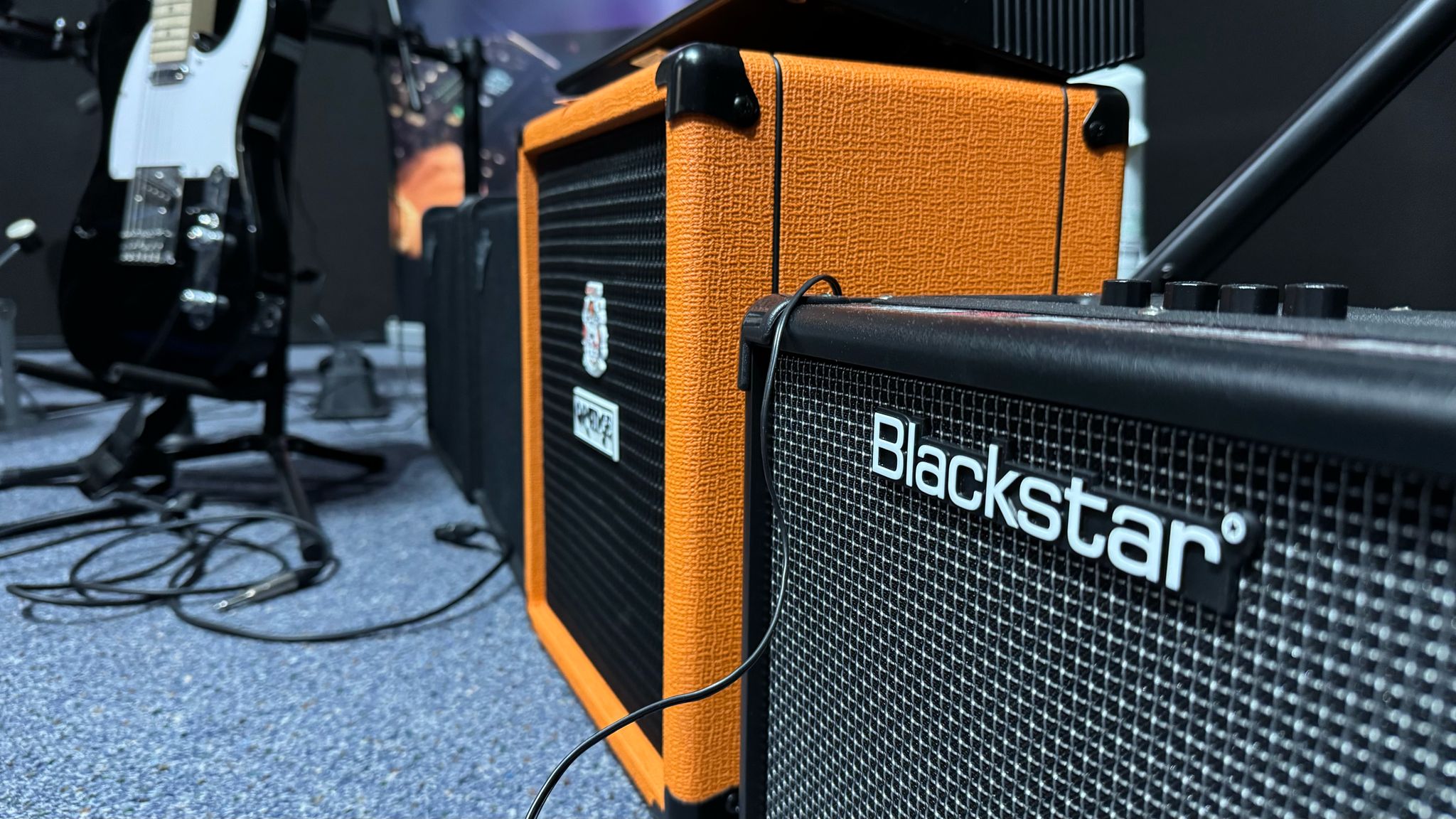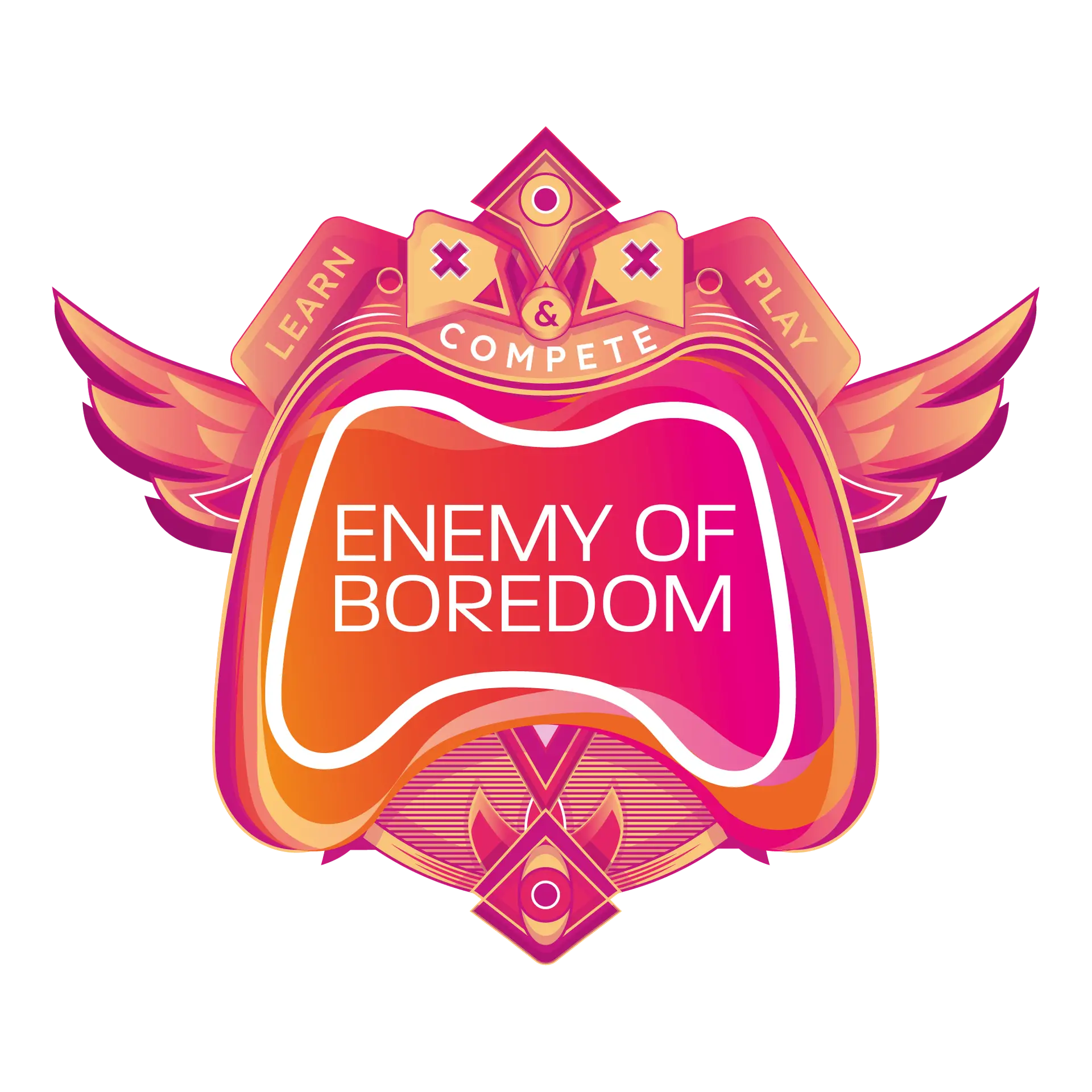In the era of evidence informed practice, unregistered alternative provision (AP) faces calls to account for itself – and rightly so. Throughout the education system we need to eliminate ineffective or ‘tick-box’ practices to do instead what will really help our young people flourish.
The reasons for AP’s existence aren’t going away, from an increase in unmet additional learning needs (SEND) and rising persistent absence – including emotionally-based school avoidance (EBSA) – to the growing number of exclusions.
There’s also an air of uncertainty caused by the government’s ongoing Change Programme in the SEND and AP system. As far as we know, we’re still expecting the DfE to publish new National Standards for AP at some point. We welcome this because we think there are a lot of AP suppliers in the system who don’t aspire to be a school, and yet are eager to demonstrate what they do is of sound quality.
At a high-level, we think the three main challenges for the AP system to answer are:
1) How do we offer value for money to commissioning bodies?
2) How do we ensure that young people are making progress in our care?
3) How do we help them engage with wider education and employment?
We’ve taken an unflinching look at what we do in Enemy of Boredom Academy, because if we can’t find satisfactory answers to these questions ourselves then we believe we should stop what we’re doing now and do something else instead.
The reason we want to share our findings is because we want to contribute to the discussion about SEND and AP, and encourage others to reflect in similar ways in the interest of doing our collective best for the young people in our educational system.
We do have a bias. We take it for granted that young people with SEND have a unique contribution to make because of their uncommon ways of working – not in spite of them. We also think a career in the contemporary arts such as computer games design, music performance or fashion is as useful, productive and important for society as a career in any other profession.
Our search has led us to three main findings we think are worth sharing. Here’s what we’ve learned…
A profitable investment in the future of young people

The cost profile of AP in general is complicated because suppliers are funded in different ways, cater for different types and levels of need, and offer widely differing services at different phases of the educational journey (Alternative provision market analysis: Research report, October 2018). This raises a genuine – and we think healthy – question for us about how we evaluate what we provide in relation to what it costs.
We know that our courses cost about one third of some state-funded AP for students with similarly complex needs. As expensive as some other AP suppliers might be, we’ve also come to understand that the lack of suitable high-quality AP for young people is even more costly.
According to the most recent DfE schools data, the worst affected places for ‘severe’ absence (young people missing 50% of sessions or more) are where two or even three percent of students are in that category – in other words there are thousands of young people missing out on education. When it comes to employment, The Buckland Review (February 2024) found that autistic graduates are twice as likely to be unemployed after 15 months compared to their peers, and most likely to be overqualified for any job they get. In fact, the charity Autistica (December 2023) estimates that if we were able to double the number of autistic people in work, it would add up to £1.5bn each year to the UK economy – and this is just considering one particular type of SEND.
It’s tempting to look at short-term cost comparisons with ordinary school places, but we think the real value of AP is in the difference we make to the long-term prospects of students for whom ordinary school places weren’t entirely suitable anyway.
At Enemy of Boredom Academy, we’re less confident about the return on investment in our provision when we’re approached to offer more ‘reactive’ or ‘stop gap’ type placements. This is because those students can’t be enrolled on accredited courses (e.g. GCSE equivalents or carrying UCAS points). As a result, we never really admit students in these cases, unless there are other compelling factors in play (such as a safeguarding imperative).
Kai joined Enemy of Boredom Academy aged 16. He’s been diagnosed with ASC and selective mutism. His experience of being overwhelmed in the school environment led to periods of severe anxiety and depression. He completed a Level 3 qualification in Video Games Design part-time at our Letchworth centre, which helped to get him enough UCAS points to be accepted onto a maths degree at university. He lives half the time in student accommodation and half at home as he grows in independence.
Molli hadn’t been in school for two years when she first came to Enemy of Boredom Academy. She’d experienced bullying that led to anxiety and panic attacks on the way into school. After a long struggle, her parents managed to get her an ADHD diagnosis and the local authority placed her at Enemy of Boredom Academy. She’s currently working on a Level 2 qualification in Music Performance for two days a week, and following a planned transition with gradually increasing hours, is now attending school on the other three days of the week.
Young people make progress when we genuinely care about them

In the previous government’s SEND Review: Right Support, Right Place, Right Time (March 2022) that kickstarted the current change and improvement initiative in the sector, it’s notable to us that the word ‘care’ appears over a hundred times in the body of the report, but only once as a verb.
Our second main finding is that we’re in the business of caring. An EHCP is after all an education, health and care plan.
We definitely agree that evidence-informed pedagogies, well-sequenced curricula, planned transitions and regular communication with carers and schools are essential for students to make progress. We think what needs to be said much more clearly and much more often is that without genuine human caring even those things aren’t enough.
It’s usually the case that the students who come to us have already had the benefit of that type of evidence-informed practice in school. What they were lacking – despite the very best efforts of the adults around them – is a real experience of being cared for and accepted as they are. The young people placed with us thrive because their tutors have the time and resources to care for them at a personal level through genuine liking, empathy, honesty, warmth and respectful boundaries.
Nicola is a parent who told us: “At school my child used to get himself into such a state of heightened anxiety that he would lash out at his peers and teachers. Things got worse and worse until eventually he developed deep depression and suicidal thoughts. At that point, we accepted that the mainstream schooling system wasn’t for him and made our bravest and smartest decision – to try alternative provision with Enemy of Boredom. From day one, we could see the difference. His tutor really took the time to get to know him. It was like they were collaborating together on projects as colleagues. He had almost 100% attendance and completed his digital media course with distinction. He started believing in himself again, smiling, joining us at the dinner table, engaging in kinder interactions with his younger brother. It felt like we had our lives back.”
Students engage readily in the types of education and employment they love
We’ve started to see the growing number of students who disengage from education not as a problem to solve in and of itself, but as data that tells us something important about what’s missing from the ordinary educational experience offered in schools. But, rhetoric about a ‘broken system’ only leads to cynicism and doesn’t actually help the young people we need to serve right now.
So what do we see as our role at Enemy of Boredom Academy, within our wider educational system?
We don’t think ‘alternative’ is really the right word for what we do because we’re not a substitute for school. We see our role as being to teach specialist skills and qualifications that complement what the schools we work with are able to offer and in ways that are even more radically inclusive.
What seems to work for our students is that we’ve adopted school standards in relation to curriculum planning and teaching and that they’re in a professional environment, so the transition back into the classroom is less jarring. They’re using industry standard tools to make real products and get external qualifications so there’s an obvious point to it. Our tutors have the expertise to tailor the environment and the experience to each student’s individual – and often complex – needs.
Sarah is a school leader who has placed students at Enemy of Boredom Academy in Bracknell. At a scheduled review, she recently gave us the feedback that she’s been “impressed with the strategic vision of our centre managers and our strong culture of care and support”. Her school has a teaching and learning focus on explicit instruction which she found really consistent with the approach to modelling and guided practice at Enemy of Boredom. On her visits, what really stood out was the engagement and motivation of the young people and their knowledge and skills with professional games development platforms like Unity and Unreal. Sarah views our provision as “an essential and specialist offer for a group of young people who would otherwise have limited opportunities for educational engagement”.
But the most important thing by far is that it’s not boring! Simply put, no one can apply themselves wholeheartedly (or for very long) to work they don’t enjoy. Tapping into what young people are already passionate about is rocket fuel for learning and self-esteem, so we focus almost exclusively on courses in the contemporary arts that our students already love. The freedom to innovate in this way and care for our students in exactly the ways they need us to are luxuries that aren’t afforded to schools. It leads us to wonder… we’ve spent a long time learning from the best practice in schools, maybe schools have something to learn from AP too?



